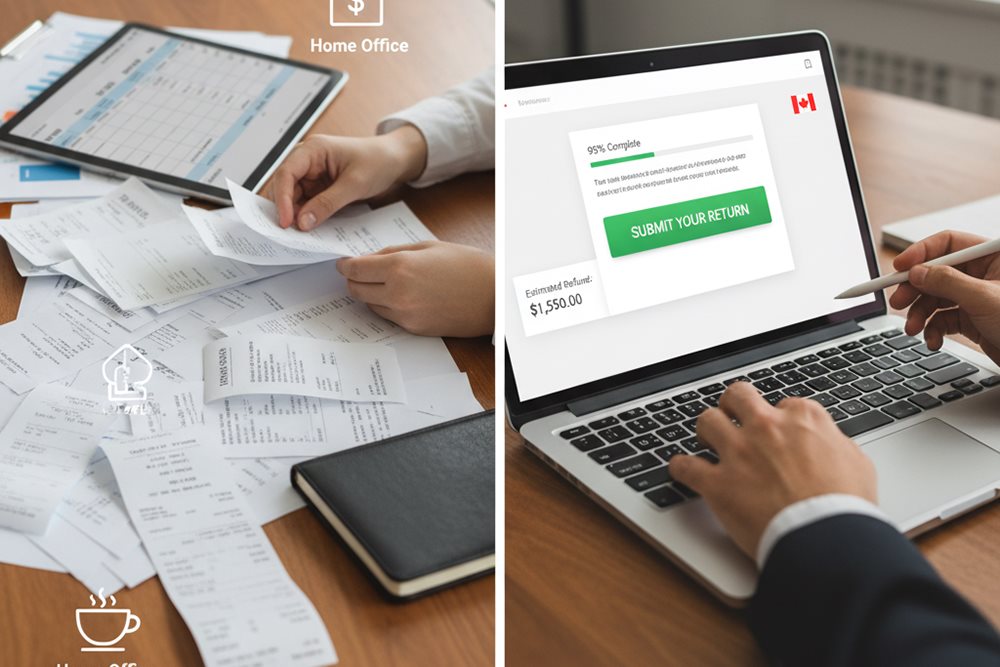Top Tax Deductions Every Canadian Small Business Should Claim

Running a small business in Canada is both rewarding and challenging. Beyond managing daily operations, business owners must also navigate the complex world of taxes. Fortunately, Canada’s tax system provides several deductions that can help entrepreneurs reduce taxable income, maximize profitability, and reinvest in growth. Understanding and applying the right Canadian tax deductions is essential […]
